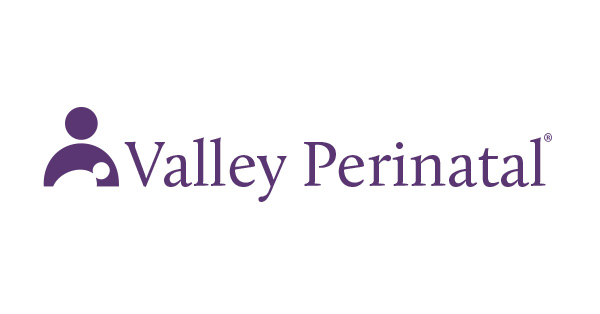Articles

Gestational diabetes is a type of diabetes that develops during pregnancy and affects how your body processes sugar (glucose). It usually appears around the 24th to 28th week of pregnancy and can impact both your health and your baby’s health. Understanding gestational diabetes, its effects, and how to manage it effectively is crucial for ensuring

Hemorrhage, or bleeding, during pregnancy can be a serious concern that requires immediate medical attention. It can occur at various stages of pregnancy and may be caused by a range of factors. Understanding the causes, effects, and management of hemorrhage can help you recognize the symptoms, seek timely medical care, and make informed decisions about

Hypertension, or high blood pressure, is a common condition that can affect your health during pregnancy. It is important to understand how hypertension can impact both you and your baby, as well as the measures you can take to manage it effectively. Proper management of hypertension is crucial for ensuring a healthy pregnancy and reducing

Amniotic fluid is the fluid that surrounds and cushions your baby in the amniotic sac within the uterus. It plays a crucial role in protecting the baby, facilitating movement, and supporting healthy development. Disorders of amniotic fluid, such as too much or too little fluid, can affect pregnancy outcomes and require careful management. Here’s what

Fetal malpresentation occurs when the baby is positioned in an abnormal way within the uterus, which can impact the labor process and delivery. Understanding unusual fetal positioning, its potential effects, and the management strategies available can help you prepare for a smoother delivery and address any concerns that arise. What is Fetal Malpresentation? Effects on

Having a history of a cesarean section (C-section) can influence your current and future pregnancies. It is important to understand how a previous C-section may impact your pregnancy and delivery options, as well as the potential risks and benefits associated with different delivery methods. This information can help you make informed decisions and prepare for

A history of diabetes, whether pre-existing (Type 1 or Type 2) or gestational, can significantly impact your current and future pregnancies. Diabetes is a condition characterized by elevated blood sugar levels, and managing it effectively is crucial for both your health and the health of your baby. This educational piece will help you understand how

If you have a history of undergoing therapy or medical procedures, it is important to understand how these experiences may impact your current or future pregnancies. Whether it involves physical therapy, surgery, or other medical treatments, being aware of their potential effects on pregnancy can help you make informed decisions and ensure a healthy outcome

A history of pregnancy complications can influence your current pregnancy in various ways. Understanding these effects is crucial for managing your health and ensuring the best possible outcomes for you and your baby. This educational piece provides an overview of how past pregnancy complications may impact your current pregnancy and the steps you can take

Chronic headaches are a common concern during pregnancy and can significantly impact your quality of life. These headaches may vary in intensity and duration and can be caused by a range of factors, including hormonal changes, stress, and physical changes associated with pregnancy. Understanding persistent pregnancy headaches, their effects, and how to manage them effectively

Fetal hereditary abnormalities are genetic conditions that can affect the health and development of a baby. These abnormalities are caused by changes or mutations in the genes that are inherited from the parents. Understanding these conditions, their potential effects, and the options available for managing them can help you make informed decisions and prepare for

False labor, also known as Braxton Hicks contractions, is a common experience during pregnancy that can cause confusion and concern for expectant mothers. Unlike true labor, which leads to the birth of the baby, false labor contractions are a normal part of pregnancy and serve to prepare the body for delivery. Understanding false labor, its
